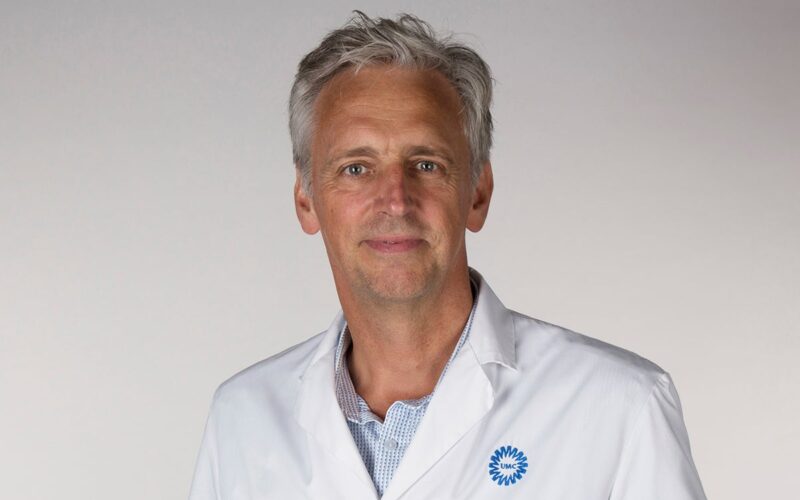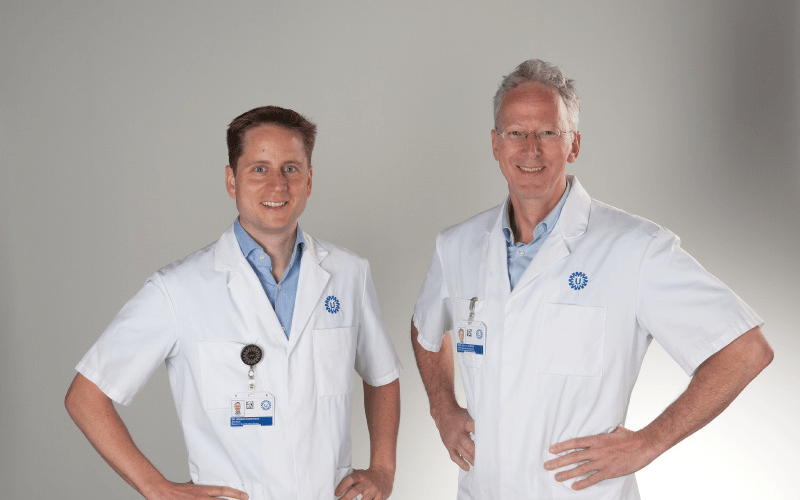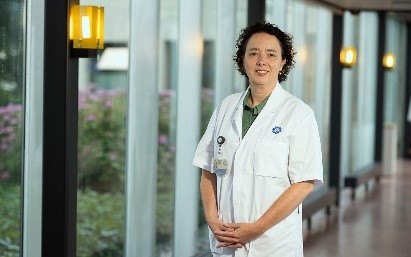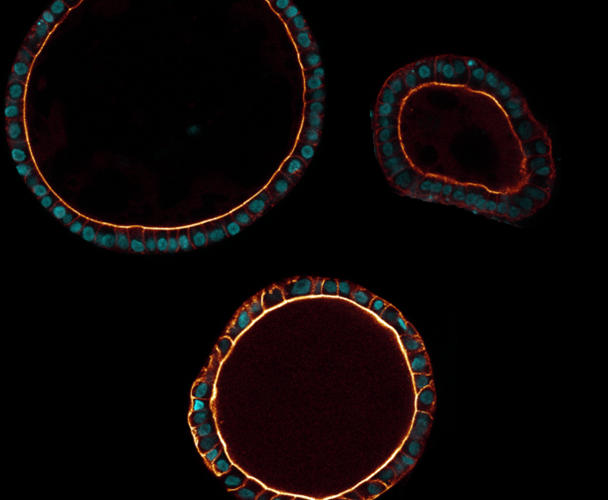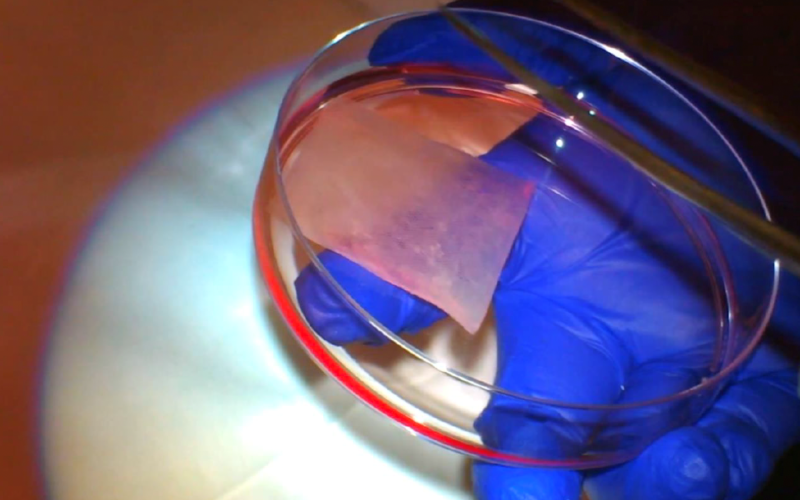Patients with a healthy heart may receive treatment that damages their heart, such as chemotherapy from which, they develop heart failure. We’re using deformation imaging to identify which patients may be early in the process of developing heart failure as a result of medical treatment and hope to set up an intervention trial for these patients.
We’re also curious as to why some patients get heart failure and others not. We have two comparable patient groups with the same baseline characteristics. However, it’s clear that one group is more prone to cardiac damage after exposure to chemotherapy, and we’re following up on this observation with deformation imaging, biomarkers and genetic analysis.
In a quarterly research meeting, professionals from UMC Utrecht, Wilhelmina Children’s Hospital (WKZ) and the Princess Maxima Center (PMC) work together to study the cardiac consequences of oncology treatments.
Cardio-oncology research board
- Dr. Arco Teske, chair – (Cardiology) – Personal page
- Prof. dr. Brigitta Velthuis – (Radiology) – Personal page
- Dr. Martijn Slieker – (WKZ) – Personal page
- Dr. Lieke Feijnen – (PMC) – Personal page
- Dr Yvonne Koop – (Epidemiology – Julius Center) – Personal page
- Representative from the UMC Utrecht – Medical Oncology


